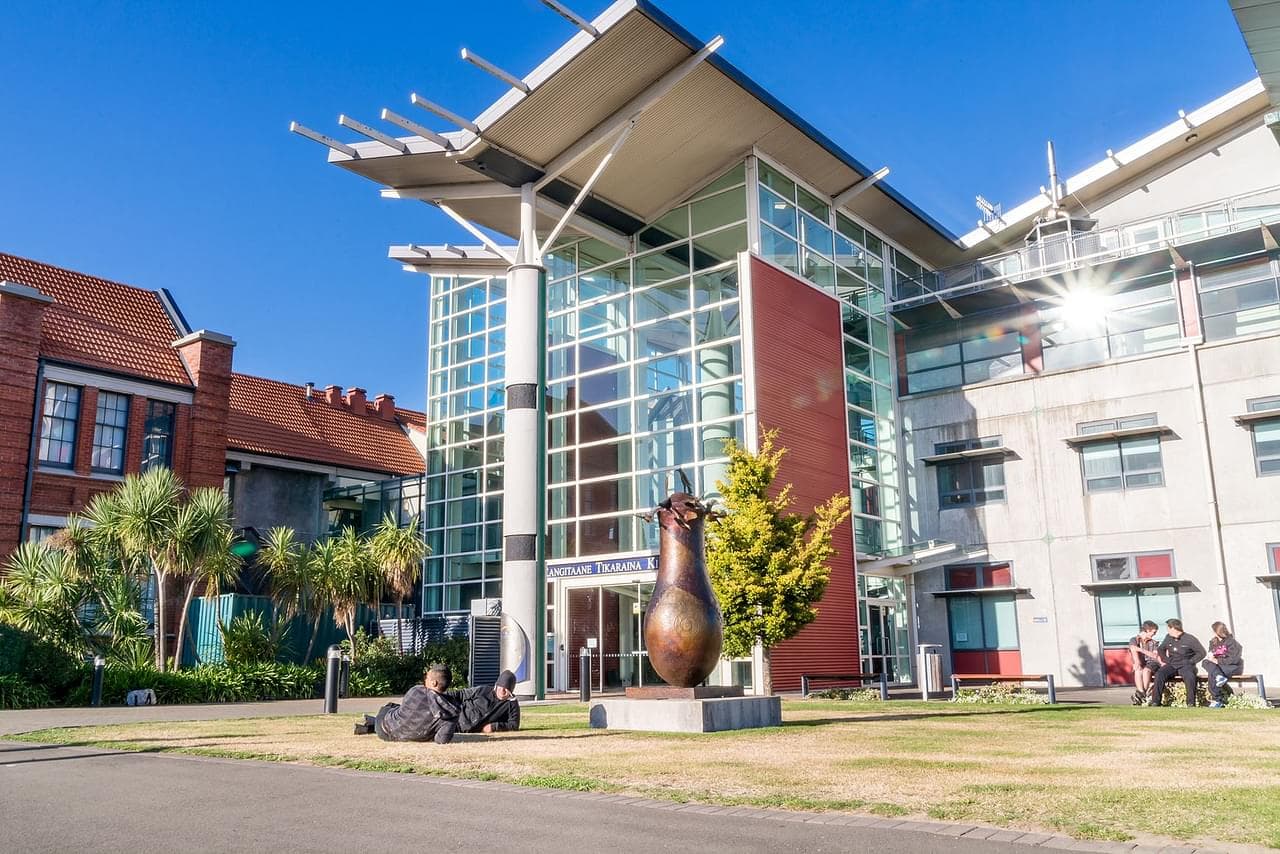This programme consist of 120 credits. The courses includes:
Professional Skills in Science (15 Credits)
Learn to work effectively in an applied science setting, with an understanding of workplace legislative requirements. The course covers:
- Employer and employee obligations under workplace legislation
- Professional communication skills including teamwork, workplace behaviour, ethics and integrity
- The Treaty of Waitangi
- Oral and written communication skills
- Competence in using software technologies with guidance
- Computerised inventory and reporting systems
- Hazardous chemical classification, handling & storage
Practical Skills (15 Credits)
Learn to safely carry out a range of generic laboratory or workplace tasks. The course covers:
- Autopipetting
- Calibrate and maintain and calibrate generic equipment (Burettes, pipettes, balance, pH meter and pH electrode, viscometer, refractometer and pycnometer)
- Perform quantitative spectrophotometric analysis, produce a standard curve, and interpret spectrophotometric data
- Gravimetric technique of analysis for a metal or an anion
Quality Assurance (15 Credits)
Learn organisational techniques for establishing, maintaining and improving quality and business sustainability. The course covers:
- Quality terminology
- Quality management systems (including ISO 9001 and and ISO 17025 and HACCP)
- Leadership for quality
- Purchasing of consumables and capital items to support quality assurance
- The role of audit and review
Chemistry for Applied Science (15 Credits)
Learn the theoretical and practical skills relevant to further study in chemistry and the applied sciences. The course covers:
- The periodic table, atomic structure and properties of elements
- Structure, properties and bonding of chemical compounds
- Chemical formulae and chemical equations
- Redox chemistry, balancing redox reactions and redox titrations
- Acid-base equilibria including buffers and pH
- Calculations related to chemical analysis
- Laboratory safety
Bioscience in Industry 1 (15 Credits)
Acquire the practical skills and theoretical knowledge in microbiology required to practise safely in a laboratory or industry setting. The course covers:
- Traditional and molecular microbiology methods for food and environmental quality
- Food, water quality and industrial microbes of interest
- Sterilisation and disinfection
Industrial Biomolecules (15 Credits)
Apply your knowledge of the structures and properties of biomolecules to their extraction and associated product quality requirements.
The course covers:
- Carbohydrates, lipids, proteins, nucleic acids
- Manufacturing processes including extraction and purification
- Bioreactors
- Logic structure of process controllers
- Food and non-food products
- Soxhlet fat extraction
Biostatistics 1 (15 Credits)
Learn to make sense of numbers, graphs and fundamental statistical concepts; and to use, interpret and report them in a meaningful way in business practice. This course also provides a foundation for further study, research and project management requiring an analytical approach. The course covers:
- Data analysis
- Probability
- Population sampling and sampling distributions
- Estimation
- Inference, hypothesis testing
- Simple and multiple regression analysis
- Communicating data
- Correlation of data
- Graphing business data
- Computer software analysis (Excel)
- Summarising and interpreting data
The Chemical Basis of Biology and Separation Science (15 Credits)
Develop an understanding of chemical processes in biological systems and industrial applications. Learn to employ solvent extraction and distillation as techniques to isolate and separate organic compounds from each other from a given mixture. Analyse chemical compounds using techniques involving extraction methods, distillation, and chromatography (thin layer and column). This course also introduces elementary thermodynamics and kinetics experiments and calculations. The course covers:
- Introductory thermodynamic concepts and the thermodynamic laws.
- High energy biomolecules, phosphoric acid anhydrides and ATP as an intermediate shuttle molecule.
- Energetics involving ATP recycling in the human body
- Reaction orders, radioactive decay law and reaction rates
- Fundamentals of enzyme kinetics, Michaelis Menton kinetics
- Kinetics experiments
- Thin layer and paper chromatography. Column chromatography (Size exclusion and ion exchange)


